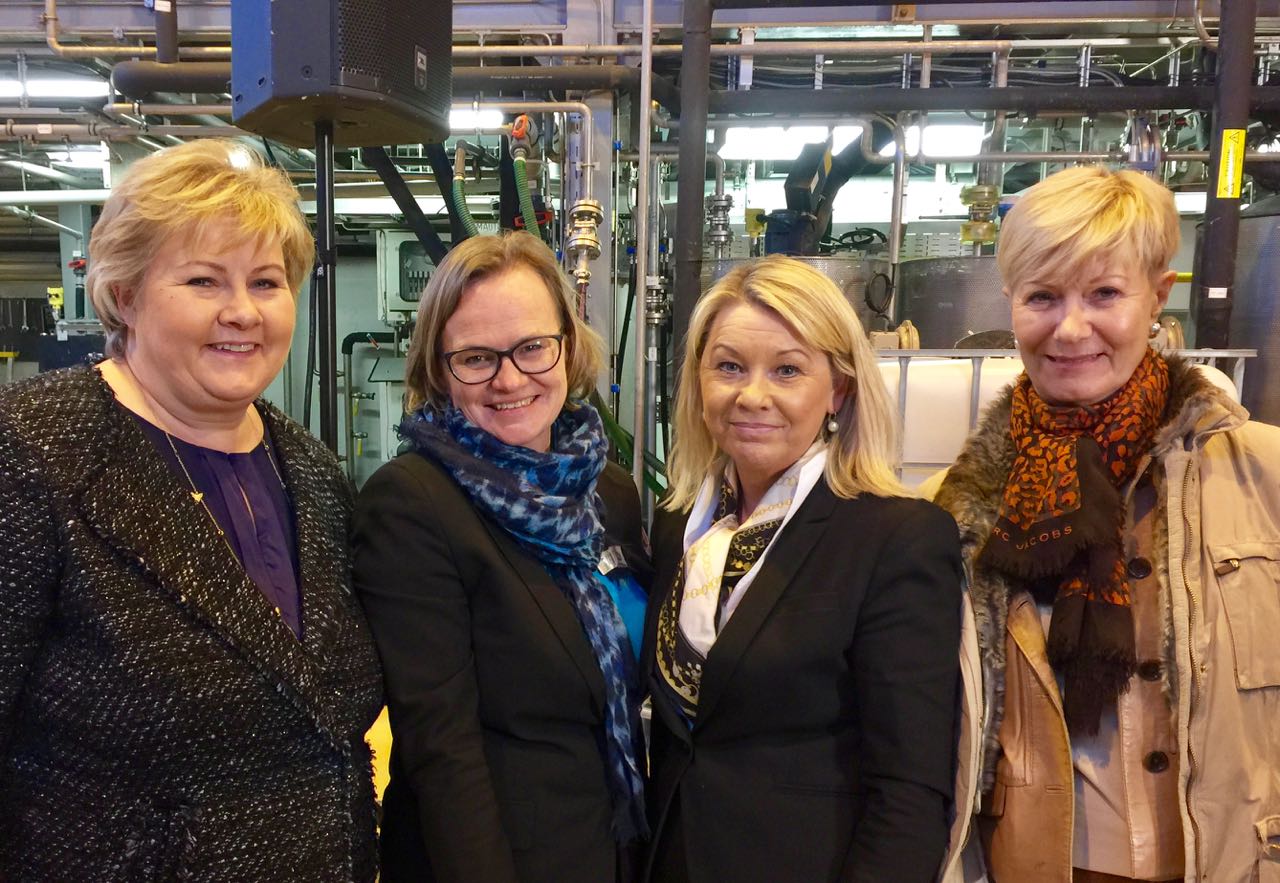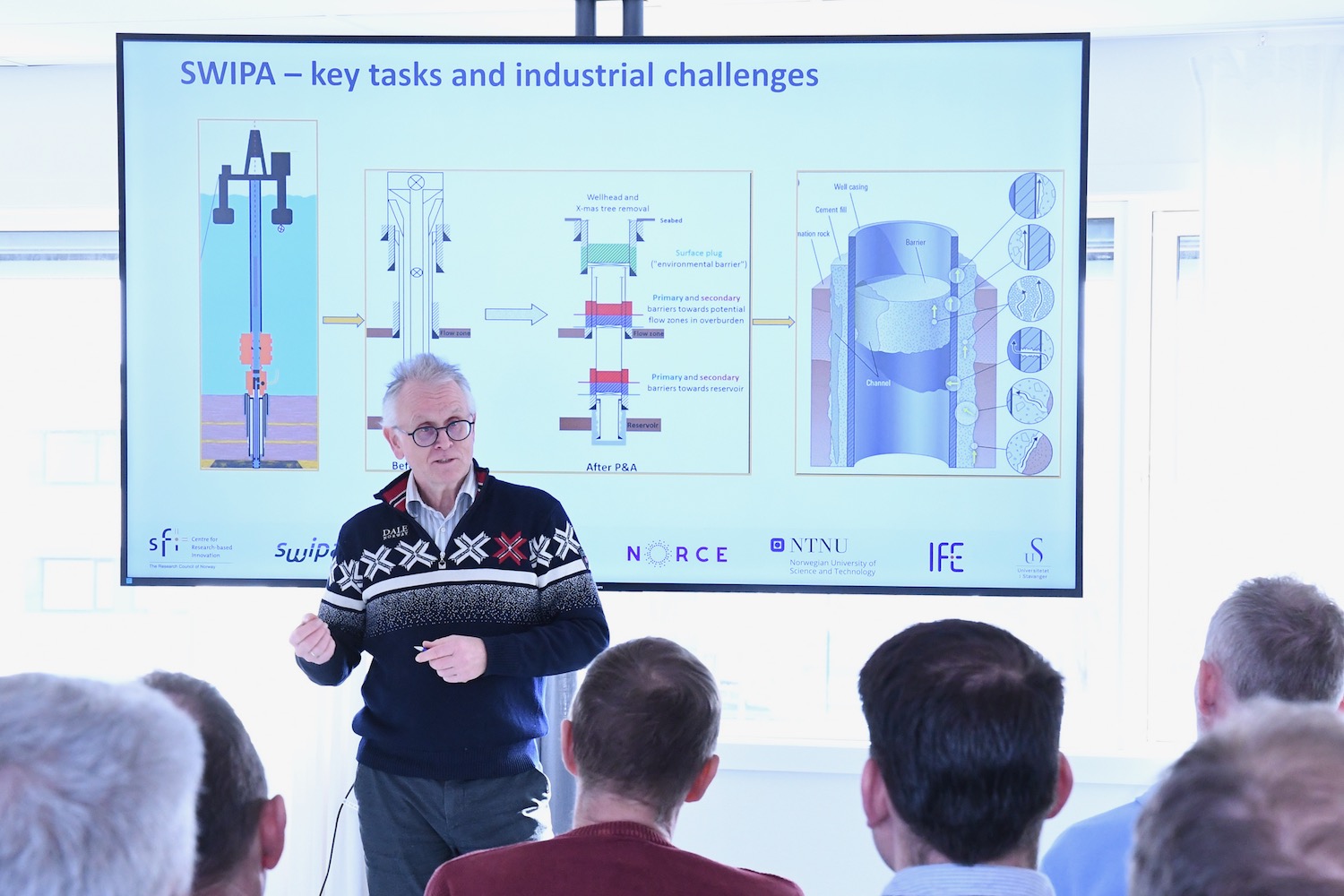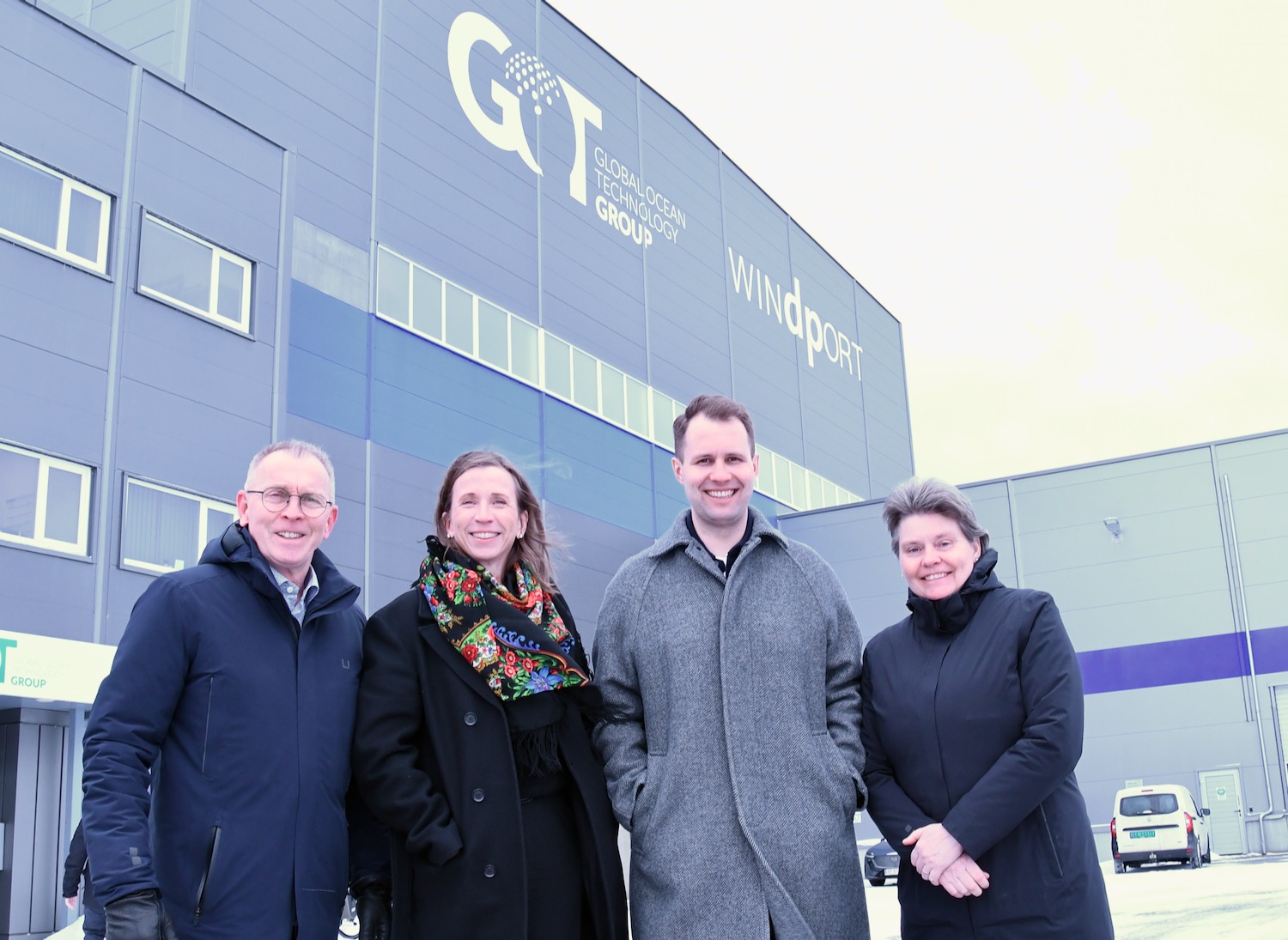Solberg and Minister of Trade and Industry Monica Mæland presented highlights from the first governmental Industrial Report in 36 years in Skien Thursday.
“I am pleased to see that the government has a strong focus on digitalization and robotics. This is in alignment with strategies GCE NODE has implemented over the last three years,” says Anne-Grete Ellingsen, CEO of GCE NODE.
The government plans to establish two new programs; Prosess 21 aimed at reducing emissions from the process industry, and Digital 21 aimed at digitalizing the business sector in general.
“To stay competitive in a low carbon society, our industry must become greener. The industry must also become smarter and more innovative, because knowledge-based jobs with high profitability are essential for our future,” said Solberg.
Mæland added that continuous improvements are required in order to secure future employment.
“Things will change at a frantic pace, which may prove difficult for workers, managers and politicians to keep up with, but there is reason to believe we will succeed,” said Mæland, listing Norway’s abundant natural resources, a highly educated population, good digital infrastructure and a tradition of cooperation.
Ellingsen says a digital transformation is required in both the oil and gas industry and in other industries to become more efficient and to stay competitive.
“The Industrial Report and the Ocean Strategy both emphasize that the oil and gas industry will remain a large and very important industry for Norway for decades to come. Competence and technology from our industry will be of value for new, emerging industries in the Ocean Space,” says Ellingsen.



